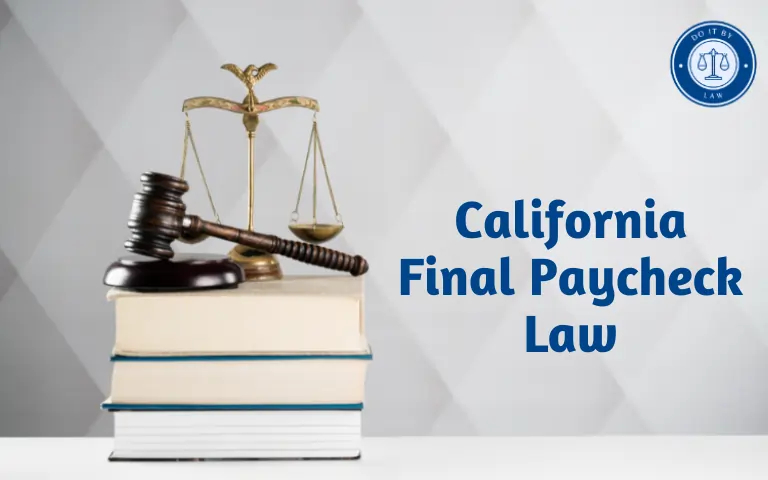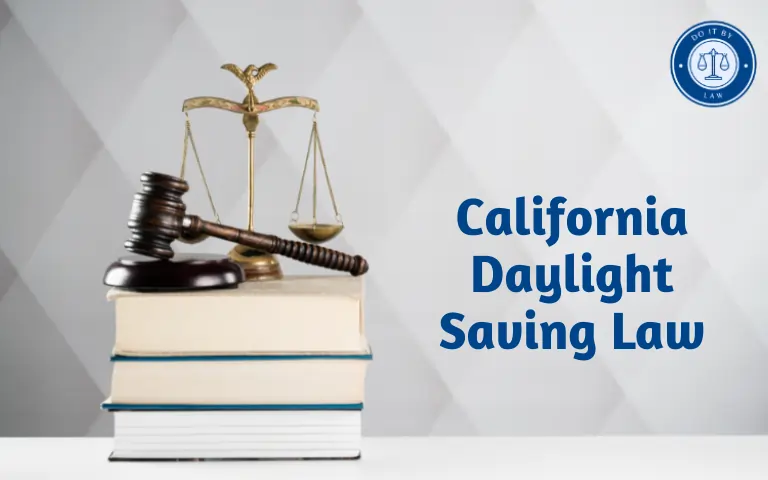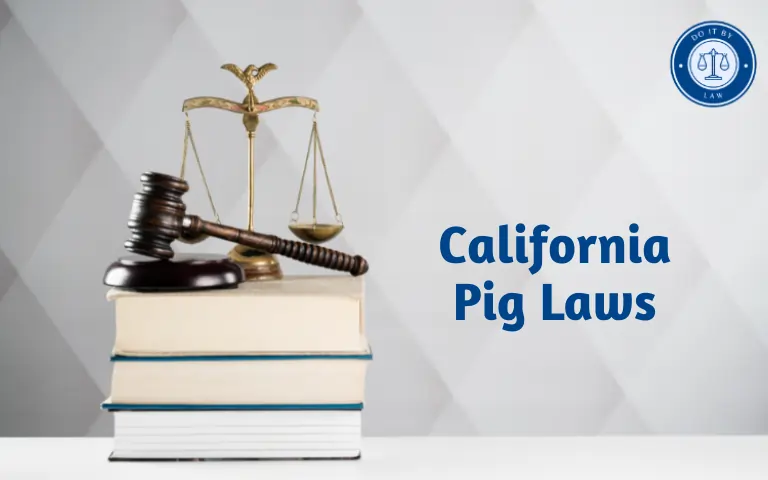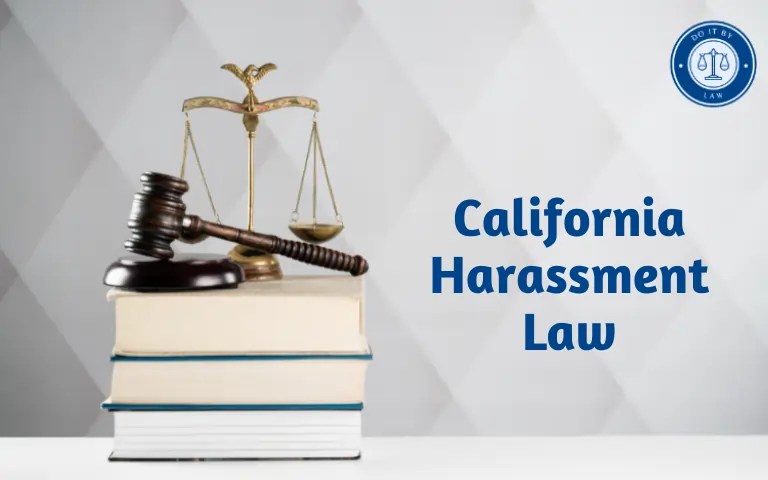California Final Paycheck Law: What You Need to Know
California State employers must fulfill important obligations for paying final wages in full and on time after any employee separation according to strict Labor Code statutes. California Final Paycheck Law covers payroll types, deadlines, penalties, dispute resolution, and recent updates protecting worker rights regarding this critical last compensation transaction.
The concept of timely final wage payment upon job end dates back over a century of case law to ensure economic fairness balancing business interests against individual livelihoods. But numerous technical details and reform efforts continue evolving California Final Paycheck Law regulations to address persistent violations. This article summarizes key requirements for proper issuance to voluntarily departed or terminated employees.
When Did Final Paycheck Rules Originate?
As an agricultural production center since its founding with transient seasonal labor, California dealt early on with wage payment timing disputes upon a job ending. Initial legal precedents protecting workers established final compensation owed and created “vested property rights” requiring timely payment. Early 20th-century laws then codified these concepts more formally requiring employers to settle up fully within certain deadlines or face additional liabilities. Additional worker protections like mandatory vacation payout then expanded over decades alongside lobbying pushes by business coalitions arguing against overly burdensome or vague administrative mandates unpacked in court decisions case by case. Core arguments continue balancing broadly empowering employee rights against fears of opening frivolous litigation loopholes. The formal California Labor Code sections currently containing the applicable final wage payment rules stem from legislation crafted in the late 1990s and 2000s though some date back generations in earlier formats.
Who Does California Final Paycheck Law Apply To?
California’s final pay regulations cover most employees working within the state across public and private sectors regardless of employer size or contractual status. Key qualifying parameters around eligibility include:
Eligible Employees
- Hourly and salaried workers
- Full-time and part-time
- Seasonal, temporary, on-call
- Exempt and non-exempt
- Union and non-union
Exempt Employers
- Federal government roles like military service or postal workers
- Some railroad/airline employee pay protocols
- Severely impaired workers earning sub-minimum “special license” wages
- Independent contractors are properly classified as such
Employees who give any minimum notice or none at all as well as those terminated with or without documented cause all qualify for full payment of all owed compensation categorized below within strict deadlines. Any binding contracts like collective bargaining agreements alter typical rules.
Key Provisions of California Final Paycheck Laws
California Labor Code Sections 201-203 (plus enforcement mechanisms in 256-258) primarily govern end-of-employment compensation requirements in tandem with certain case law precedents and administrative decisions. Core elements include:
Qualifying Compensation
Final paychecks must disburse compensation for:
- Any unpaid wages still owed for hours already worked
- Overtime, commissions, bonuses verifiably earned
- Vested vacation leave up to policy limits
- Approved expense reimbursements
Payroll Categories Excluded
- Future hours not worked
- Anticipated commissions or bonuses not yet fully vested
- Severance payments at the employer’s discretion
- Unused or restricted Personal Time Off (PTO)
Pay Date Deadlines
Four scenarios determine legally compliant payment due dates:
- Resigning with 72+ hours notice: On last day of work
- Resigning with 72 hours notice or less: Within 72 hours after notice
- Fired for cause: On day of involuntary discharge
- Fired without cause: Immediately at termination
Penalties for Violating Final Paycheck Laws
Failing strict payment deadlines or shortchanging owed wage categories brings severe California penalties mirrored in other states with labor-friendly reputations. Key repercussions include:
Waiting Time Penalties
Missed deadlines trigger additional “waiting time” penalty payments to employees calculated at their daily rate of up to 30 days maximum. Penalties accumulate for each day late until employers resolve shorted payments.
Punitive Fines
California’s Labor Commissioner frequently cites a minimum of $100 per employee violation, with up to $4k additional citations possible depending on infraction severity for willful or repeat offenders. Adds up steeply affecting multiple workers.
Wage Claim Awards
Aggrieved employees have strong individual or class action case prospects for recovering multifaceted alleged damages concerning late final pay in subsequent litigation.
Attorney’s Fees
Typical worker-attorney contracts leveraging state labor protections pass liability for calculated huge hourly fees to the employer if statutory violations are found through settlements. Quickly compounds employer expenses.
Tax Liabilities
Miscalculating or omitting payroll tax obligations on final compensation creates further financial scrutiny and penalties from state and federal revenue agencies.
Reputational Harm
Labor law violations negatively impacting ex-employees make remaining staffers understandably nervous inciting turnover or unionization pushes. Also opens boycotts over contractor/supplier controversies damaging brands.
License Suspensions
Particularly around egregious or willful wage theft cases, California may temporarily rescind or impair accused employer licenses necessary to operate pending compliance corrections.
California Final Paycheck Law Recent Changes and Proposed Amendments
Reforms regulating final wage payments continuously gain legislative traction as living costs outpace non-urban wages in the state and economic disparity concerns mount. Recent notable changes include:
Remote Work Codification
The 2022 Budget Act explicitly codified protections for employees never setting foot in California. Out-of-state employers hiring California residents remotely must still meet all final pay mandates. Closes perceived loopholes some exploitative employers navigated previously.
Pay Stub Expansions
Also as of 2022, final pay documentation requirements expanded across all employment tenures. Strengthening worker ability to audit potential payroll errors related to overtime, missed meal period premiums, average hourly calculations, and more.
Voluntary Quit Notice Changes
Now only employees providing less than 72 hours’ notice lose claim rights to waiting time penalties after short notice resignations.
Local Ordinances
Various statewide policy proposals continue moving locally first. San Francisco, San Diego, and Los Angeles now exceed state law requiring final pay in some scenarios by a worker’s next regularly scheduled pay date.
Petition to Fix Errors
Employees alleging errors on final payments may now petition for correction directly to kneecap certain employer stalling tactics. Creates further incentives preventing payroll carelessness.
Predictions
Broader whistleblower protections for employees filing wage claims, likely rescinding severance agreement and resignation letter exemptions from waiting time penalties, renewed debates on dynamically calculating underpayment penalties, and mandating priority payment status in bankruptcy scenarios all front likely 2023-2024 final paycheck reform arguments.
California Final Paycheck Law Key Controversies and Challenges
Despite long-established rules, California still logs thousands of legitimate final wage payment complaints annually. Common disputed areas between employer and worker interests include:
Independent Contractor Status
Misclassifying employees as temporary contractors remains a systemic issue. But AB5 introduced worker classification complexities still being parsed legally denying some contractors proper final pay rights.
PTO Payout Ambiguities
Eligibility limitations on unused paid leave redemption at termination lead employers to deliberately minimize liabilities, and employees lament forfeited income from restricted “use it or lose it” policies.
Severance Negotiation Leverage
Settling termination disputes grows more tortuous as California strengthens employee bargaining positions should voluntary severance talks stall. Risks sowing litigious environments.
Unrealistic Time Windows
Some county rules impose impracticable deadlines given payroll processing realities. But worker advocates decry these as excuses for ignoring electronic payment options.
Compliance Resources
Small businesses with limited administrative bandwidth disproportionately struggle to meet dense regulatory requirements without sufficient support, though societal costs argue for universal adherence.
Enforcement Gaps
Despite stiffer and growing consequences, full compliance remains inconsistent given still understaffed state labor agencies are unable to proactively audit or respond quickly to every concealed violation until disputes surface through complaints or lawsuits.
Overall the intricate regulations strive to balance often competing interests around this transition event. When payroll disputes spiraled into lawsuits both sides tend to suffer disproportionately to the original discrepancies at stake. So compliance remains a mutually beneficial incentive, yet challenges continue plaguing some final pay scenarios.
California Final Paycheck Law Conclusion & Key Takeaways
Navigating California’s strict final paycheck laws mandates understanding intricate deadlines determining when separating employees must receive their owed compensation to avoid steep penalties benefiting workers prevailing in wage claim disputes. Key requirements include:
- Settling all unpaid wage liabilities
- Meeting tight payroll schedules upon resignation or termination notices
- Withholding only clearly permissible deductions
- Documenting vacation payout calculations
- Responding quickly to any challenges over discrepancies
Mistakes or delays cost not just repeated payroll cycles plus waiting for time fines but stack steep legal fees defending poor protocols. When employees exit, ensuring accurate, full, and diligent final compensation prevents easily overlooked gaps from becoming exponentially painful liabilities down the road. Companies doing business in the state must prioritize getting final paychecks right the first time.







